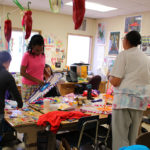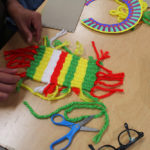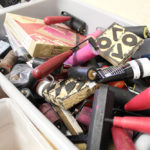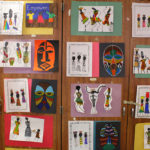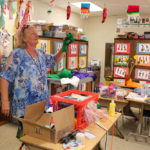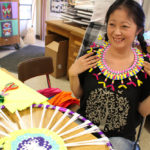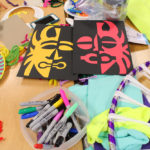This June, 24 elementary school teachers took two weeks of their summers to study cultural literacy and art through hands-on workshops. LMU faculty taught African-American and Chicana/o history, and teachers learned to paint African masks, assemble family history collages, make rain sticks and create Day of the Dead-themed art. Each of these projects engaged a cultural tradition or history along with a creative skill, and the teachers were learning how to incorporate both the art and the history into their classrooms.
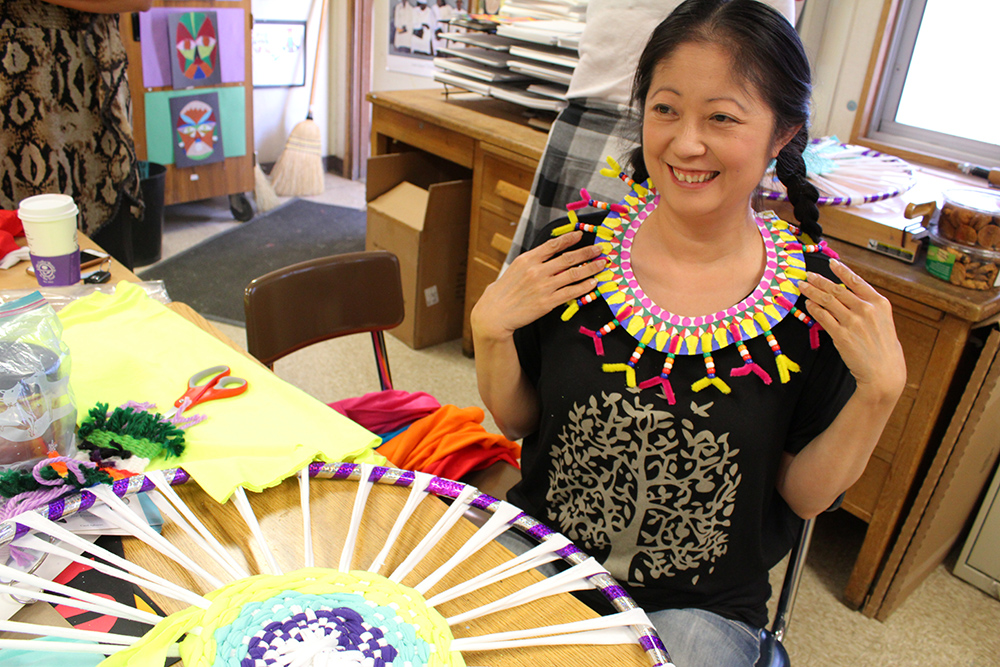
These educators were this summer’s participants in Arts Camp for Teachers, part of an arts education professional development program for elementary school teachers in Los Angeles Unified School District. The program is a grant-funded collaboration between LAUSD and Loyola Marymount University’s School of Education’s Family of Schools.
LAUSD and LMU won the $1.1 million U.S. Department of Education professional development grant in 2015, and they trained their first cohort of teachers last summer. Over the grant’s 4-year term, they plan to train and equip a total of 90 teachers with skills, knowledge, and even the art supplies to lead visual art lessons about African-American and Chicana/o history.
The program was developed by Darin Earley, director of LMU’s Family of Schools in the School of Education, and Deanna Cooke, director of engaged learning for the Bellarmine College of Liberal Arts. Professional artists and arts educators led the art instruction, and LMU faculty led curriculum development and cultural history lessons.
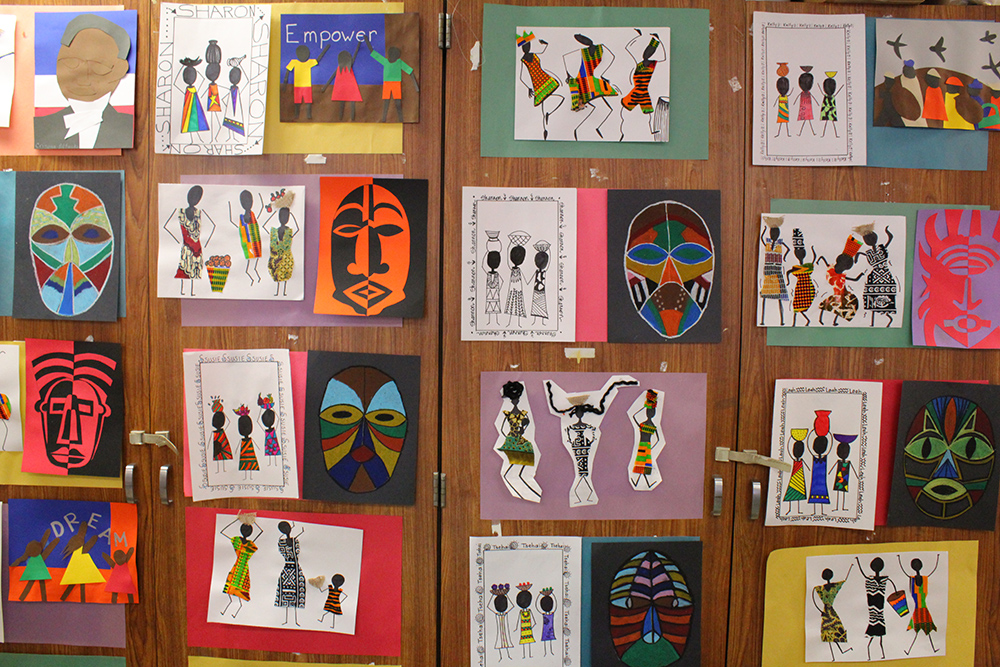
“Visual arts have almost gone the way of the dinosaur in many public schools,” Earley said. Some schools have vibrant arts programs while others have virtually none, leaving any arts instruction to classroom teachers. “For teachers with no knowledge of visual arts themselves, it can be intimidating to incorporate it into their lesson plans.”
To complement the art instruction, Arts Camp for Teachers also included lessons and discussions with LMU African American Studies and Chicana/o Studies faculty, and lesson-planning sessions to incorporate the material in appropriate ways for each teacher’s grade level and classroom.
“Art has always been a vital way that a community tells its stories,” Cooke said. “So for kids, and all for all of us actually, art can be a great way into learning about cultural identities and histories.”
For participating teachers, Arts Camp for Teachers is just the first component in a comprehensive, yearlong program. Field trip funding is available for teachers to take their classes on arts and culture excursions in Los Angeles. Teachers receive art supplies to implement art lessons in their classrooms. A winter art show at LMU will celebrate student work from across participating schools.
LMU undergraduates in African American Studies and Chicana/o Studies courses also volunteer in the classrooms of participating teachers during the school year, bringing in weekly lessons and activities about African American and Chicana/o history. Their visits complement the work the teachers do to weave cultural literacy into their classes, and bring in themes that the college students are learning in their classes.
For Kiana Gums ’18, who took an African American Studies course last spring that partnered with the program, volunteering in a classroom was not just a service to the kids, it was also a learning experience for her. “To take what we learned in a college class and share that with fifth graders, you have to make something complex, and put it in simple terms,” she said. “By doing that, you come to understand it more yourself.”
“That’s the win-win of engaged learning,” said Cooke.
The expertise of LMU faculty in ethnic studies and in elementary education positioned LMU to lead this program effectively, Earley said. “We have the faculty, we have the engaged learning, we have the experience in teacher training, and we have the Family of Schools, which has partnered with local elementary schools for years,” he said. “It was a natural match.”
Through Arts Camp for Teachers and the program’s yearlong professional development and classroom support, Earley and Cooke hope they are building lasting skills in both art and cultural literacy for teachers and their schools.
See more photos from Arts Camp for Teachers here.



